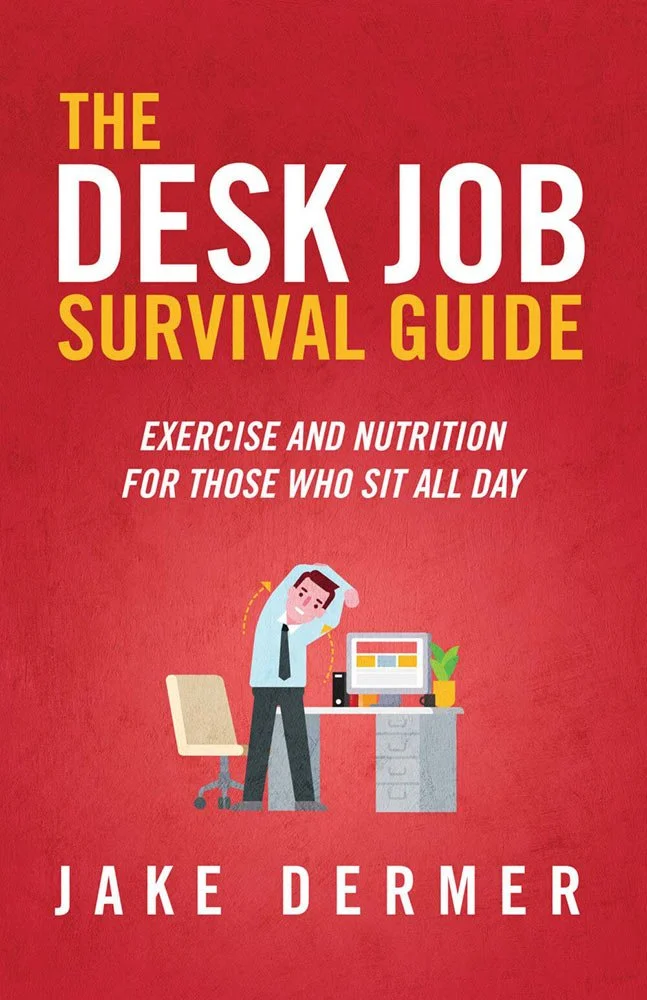Obesity Is Not A Disease
In modern-day America, where participation trophies and politically correct language are prevalent, sometimes it’s hard to talk straight with people.
You are forced to walk on eggshells when talking about any subject matter related to weight or dieting, as you don’t want to create an unhealthy relationship with food or shame anyone’s body type. First, it is important to have a healthy relationship with what you eat. You must understand that, no matter how you feel about it, there is only one relationship you can possibly have with food:
If you eat too much, you gain weight, feel bloated, and suffer from joint pains.
If you eat a slight calorie deficit, you’ll lose weight.
If you eat an appropriate amount of nutrient-dense food for your age, weight, and activity level, you feel healthy and have no discernible health issues caused by your diet.
That’s it. Every other aspect of your relationship with food is a product of your habits, upbringing, and how you think about food. Your body composition is something that is measurable and changeable. If you track your calorie consumption over time, you can deduce what you must consume to maintain, lose, or gain weight. You can also influence body composition by tweaking the ratio of macronutrients that you eat. Increasing muscle mass and working out allows you to increase your overall intake without gaining additional weight. It is all measurable, and results are guaranteed.
If we are going to talk about improving your body composition, the second thing we must address is body image. There is nothing healthy about feeling bad about your current body or making someone else feel bad about their body. For some people, one hundred pounds is a healthy weight; others feel good at around two hundred. As humans, we’re all basically just like different types of monkeys, and our different sizes and features are simply products of our biology.
It isn’t nice to call other people fat, so don’t do it to yourself. If you are overweight, positive self-talk is key. Remind yourself that you are on a journey and you are doing better than the day before.
It is hard to talk to someone about weight loss; there is almost no polite way to tell someone they need to lose weight. On top of that, telling an overweight person that they’re just “big-boned” isn’t productive. The best strategy is to preach the benefits of a healthy lifestyle instead of the negative side of obesity. Talk about how much better they’ll feel, sleep, and copulate. But challenges still abound.
Weight loss needs to be viewed as something you can control. The American Medical Association might label obesity as a disease, but that certainly isn’t a healthy viewpoint for someone to have.
Unfortunately, in the politically correct America of today, obesity is considered a disease. To be sure, there are thyroid problems and prescription drugs that can strongly influence your weight, but in all likelihood, these rare conditions don’t affect you. Obesity could be a disease in a social context—it certainly qualifies as an epidemic—but medically speaking, it does not fit the bill. Becoming overweight as a result of an unhealthy diet and lifestyle is not a disorder. Your body is reacting to stimuli (or lack thereof) exactly as it’s supposed to. If you bought a plant and didn’t water it and then the plant died, you wouldn’t say, “There was nothing I could do; it had Lack-of-Water Disease.” The same goes for people and lack of exercise and nutrients.
In addition, labeling obesity a disease may cause an individual to view their health as out of their control. It takes responsibility away from the overweight person and puts it on their doctor. The American Medical Association’s decision to label obesity a disease was based on the idea that doing so would force physicians to take this epidemic more seriously. The only problem is that now one-third of the country is technically “diseased,” which is a bit insulting to people with serious diseases, like the 584,000 who die of cancer each year, or the families of the 93,000 people suffering from Alzheimer’s disease.
Regardless of how you categorize it, obesity is a huge problem. And while the advice that you should love your body unconditionally is a nice idea, I guarantee you won’t love the litany of health problems that go along with obesity. All love is conditional—you wouldn’t love your partner as much if they were cheating on you and stealing your money to bet on dogfighting every night.
Love is actually an effective weight-loss strategy, as long as you make sure to love the things that move you forward, not those that hold you back. Love working on your health, love the improvement from yesterday, and love the confidence you build.
Love is just step one, for actionable advice on how to lose weight and feel good, check out— The Desk Job Survival Guide: Exercise and Nutrition for those who sit all day.
Is sitting all day at work giving you chronic pain? Learn the simple strategies to take charge of your health.



